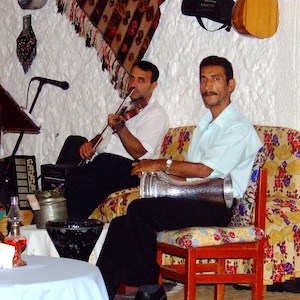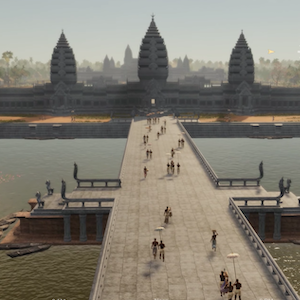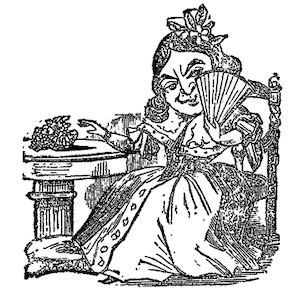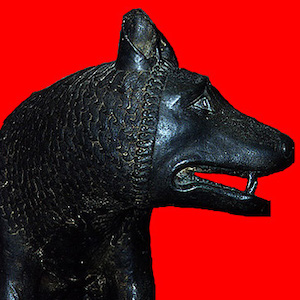Browse
Culture
Teaching
Long Teaching Module: Writers of the Heian Era
Japanese cultural history is rather unique because it includes writings by women from the Heian Era (794-1185 CE) among its earliest works of important literature.

Review
Vistas: Visual Culture in Spanish America, 1520-1820
Students could speculate on who made the objects, who used them, and how they were used. This would give them a sense of the kind of interpretive work done by historians.
Review
Uysal-Walker Archive of Turkish Oral Narrative
By collecting and translating these folktales, the three interviewers preserved many oral traditions that may have otherwise been lost in the dynamism of a changing, 21st-century Turkey.
Review
Virtual Angkor
The curated videos alone would be an engaging resource for teaching the history of Angkor, but the site goes further by providing three well designed teaching modules that make use of the sites' resources to explore scholarly themes.
Review
Broadside Ballads Online
This website highlights 16th-, 17th-, and 18th-century broadside ballads. These were popular songs (frequently with lavish woodcut illustrations) sold at a relatively affordable price and widely circulated.
Review
Fine Arts in Hungary
A handy feature of this site is the Guided Tours, designed to help users 'discover the territory of Hungarian fine arts.'
Review
COLLAGE The London Picture Archive
Reproductions of paintings, watercolors, drawings, and sculptures provide more than a glimpse into the history of London and London life from the 15th century to the present.
Review
LacusCurtius: Into the Roman World
Initiated in 1995, this site has developed into an impressive array of primary and secondary resources on ancient Rome
Review
Internet Medieval Sourcebook
The great advantage of this site is that primary sources have been assembled and categorized by a trained medievalist and active teacher, so that they are appropriate for a wide range of introductory history courses.
Review